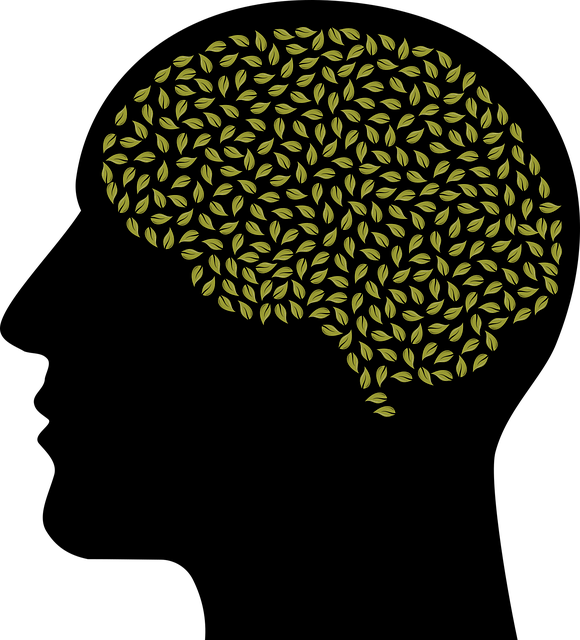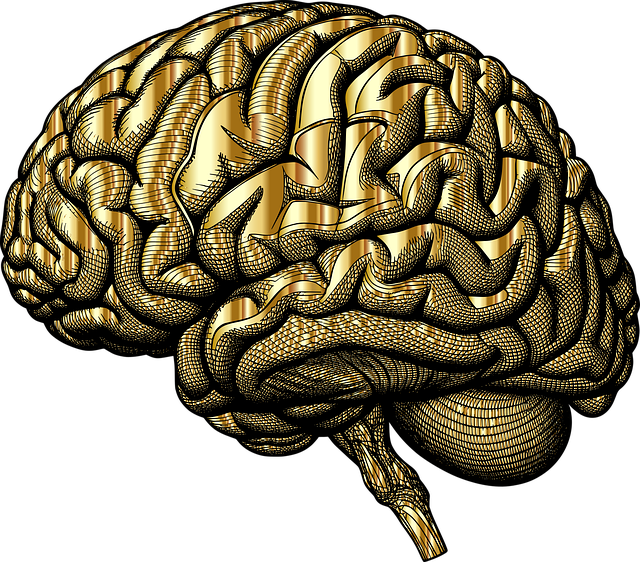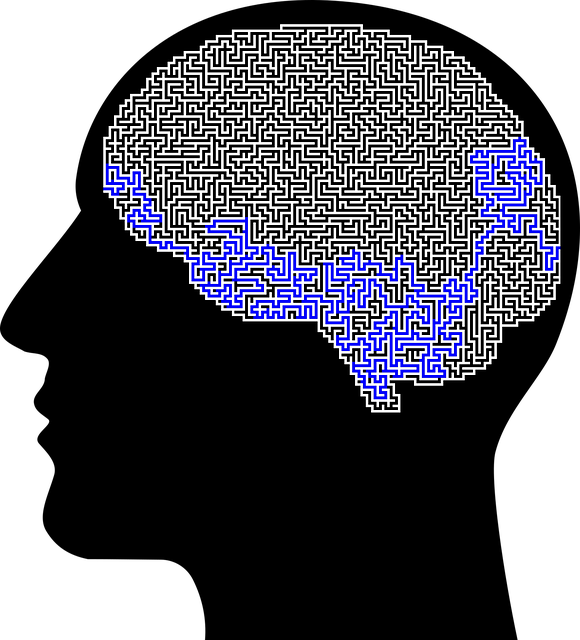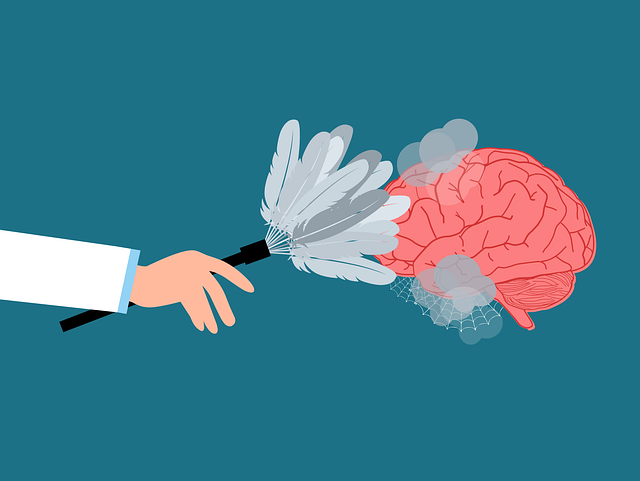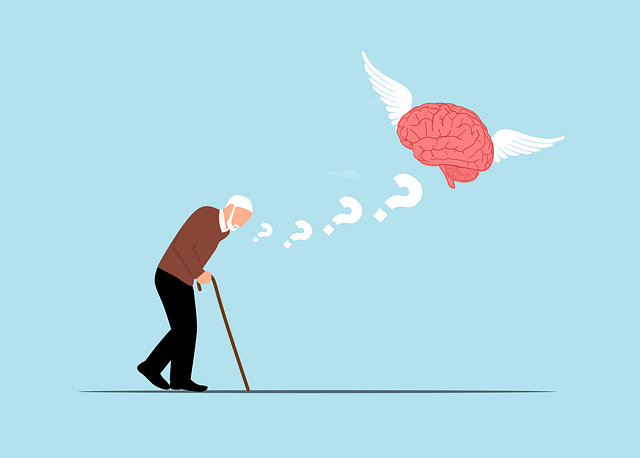Emotional Intelligence (EI) is a key asset in modern healthcare, especially with the availability of superior spiritual-religious issues therapy methods. High EI skills help individuals manage emotions effectively, reducing stress and improving mental well-being. For healthcare providers, these skills enable them to offer tailored trauma support, particularly in multicultural settings, through enhanced cultural competency training. Spiritual or religious connections significantly enhance emotional growth, with practices like meditation and prayer offering tools for mood management. Superior Spiritual-Religious Issues Therapy encourages introspection, self-awareness, and empathy, leading to better emotional intelligence and resilience. Integrating EI into daily life involves holistic approaches like meditation, journaling, and positive thinking, fostering healthier coping mechanisms and improved relationships.
Emotional intelligence (EQ) is a powerful tool for enhancing mental well-being and navigating life’s challenges. This article delves into the multifaceted aspects of EQ, exploring its profound impact on our daily lives. We examine spiritual and religious connections that foster emotional growth, delve into therapeutic approaches to boost self-awareness and empathy, and provide practical strategies for integrating emotional intelligence into your everyday routine. Discover how cultivating a superior emotional awareness through spiritual-religious issues and therapy can revolutionize your personal and professional life.
- Understanding Emotional Intelligence and Its Impact on Mental Well-being
- Exploring Spiritual and Religious Connections to Emotional Growth
- Therapeutic Approaches for Enhancing Self-awareness and Empathy
- Practical Strategies for Integrating Emotional Intelligence into Daily Life
Understanding Emotional Intelligence and Its Impact on Mental Well-being

Emotional intelligence (EI) refers to an individual’s ability to recognize, understand, and manage their own emotions, as well as empathize with and influence the emotions of others. It encompasses self-awareness, self-regulation, motivation, empathy, and social skills. Building emotional intelligence can significantly impact mental well-being by enhancing one’s ability to cope with stress, regulate mood swings, and maintain healthy relationships.
In today’s fast-paced world, where various superior spiritual-religious issues therapy methods are available, EI plays a crucial role in promoting mental health. Effective stress management is one of the key benefits of high emotional intelligence. Healthcare providers with strong EI skills can offer better trauma support services, especially in diverse cultural settings, thanks to their enhanced cultural competency training. This ability allows them to connect more profoundly with patients from different backgrounds, fostering a safe and supportive environment for healing.
Exploring Spiritual and Religious Connections to Emotional Growth

Exploring one’s spiritual or religious connections can offer a unique path to emotional growth and intelligence. Many superior spiritual-religious issues therapy practices emphasize self-reflection, mindfulness, and compassion—essential components for developing emotional awareness. These traditions often encourage individuals to tap into their inner wisdom, fostering a deeper understanding of their emotions and those around them. For instance, meditation practices in Buddhism or Christianity’s prayer and contemplation can serve as powerful tools for mood management.
Journaling exercises inspired by spiritual guidance can be incredibly beneficial for mental wellness. Writing down thoughts and feelings allows individuals to process and reflect on their emotional experiences. This practice, combined with the support of a superior spiritual-religious framework, can provide valuable guidance in navigating life’s challenges, reducing anxiety relief, and fostering resilience—all vital aspects of building emotional intelligence.
Therapeutic Approaches for Enhancing Self-awareness and Empathy

Therapeutic approaches play a pivotal role in fostering emotional intelligence and enhancing self-awareness and empathy. One such effective method is Superior Spiritual-Religious Issues Therapy, which encourages individuals to explore their spiritual connections and inner beliefs. This therapy allows people to gain profound insights into their emotions, helping them understand the underlying causes of their feelings. By delving into personal values, life purposes, and transcendent experiences, individuals can develop a stronger sense of self-awareness, enabling them to recognize and accept their emotional states more effectively.
Incorporating Self-Awareness Exercises within therapy sessions further refines this process. These exercises guide clients through introspection, meditation, or reflective writing, allowing them to tune into their thoughts, feelings, and bodily sensations. Through regular practice, individuals can improve their ability to manage moods and respond empathically to others. Additionally, trauma support services that utilize these therapeutic techniques have proven beneficial in helping people overcome emotional challenges, fostering a deeper sense of self-compassion and empathy towards themselves and others.
Practical Strategies for Integrating Emotional Intelligence into Daily Life

Integrating emotional intelligence into daily life requires a multifaceted approach that goes beyond superficial understanding. One effective strategy is to engage in regular self-care practices. This can include activities such as meditation, mindfulness exercises, and journaling, which help individuals gain deeper insight into their emotions and develop healthier coping mechanisms. By allocating dedicated time for self-reflection and emotional regulation, individuals can cultivate a stronger sense of inner peace and resilience.
Moreover, fostering positive thinking plays a pivotal role in enhancing emotional intelligence. Encouraging a mindset that focuses on solutions rather than problems, practicing gratitude, and reframing negative thoughts can significantly impact overall well-being. Incorporating these strategies into daily routines supports the emotional healing processes, enabling individuals to navigate life’s challenges with greater equanimity and empathy. Ultimately, addressing superior spiritual-religious issues through therapy can provide additional tools for cultivating emotional intelligence, fostering personal growth, and improving relationships.
Emotional intelligence, a multifaceted concept, is key to navigating life’s complexities. By understanding and managing our emotions, we can significantly enhance our mental well-being. The article has explored diverse avenues for building emotional intelligence, from the spiritual and religious connections that offer profound insights into emotional growth, to therapeutic approaches designed to foster self-awareness and empathy. Moreover, practical strategies have been outlined for integrating these skills into daily life, making emotional intelligence accessible and beneficial for everyone. In light of these superior spiritual-religious issues and therapy techniques, the time is now to prioritize emotional intelligence and reap its transformative benefits.

